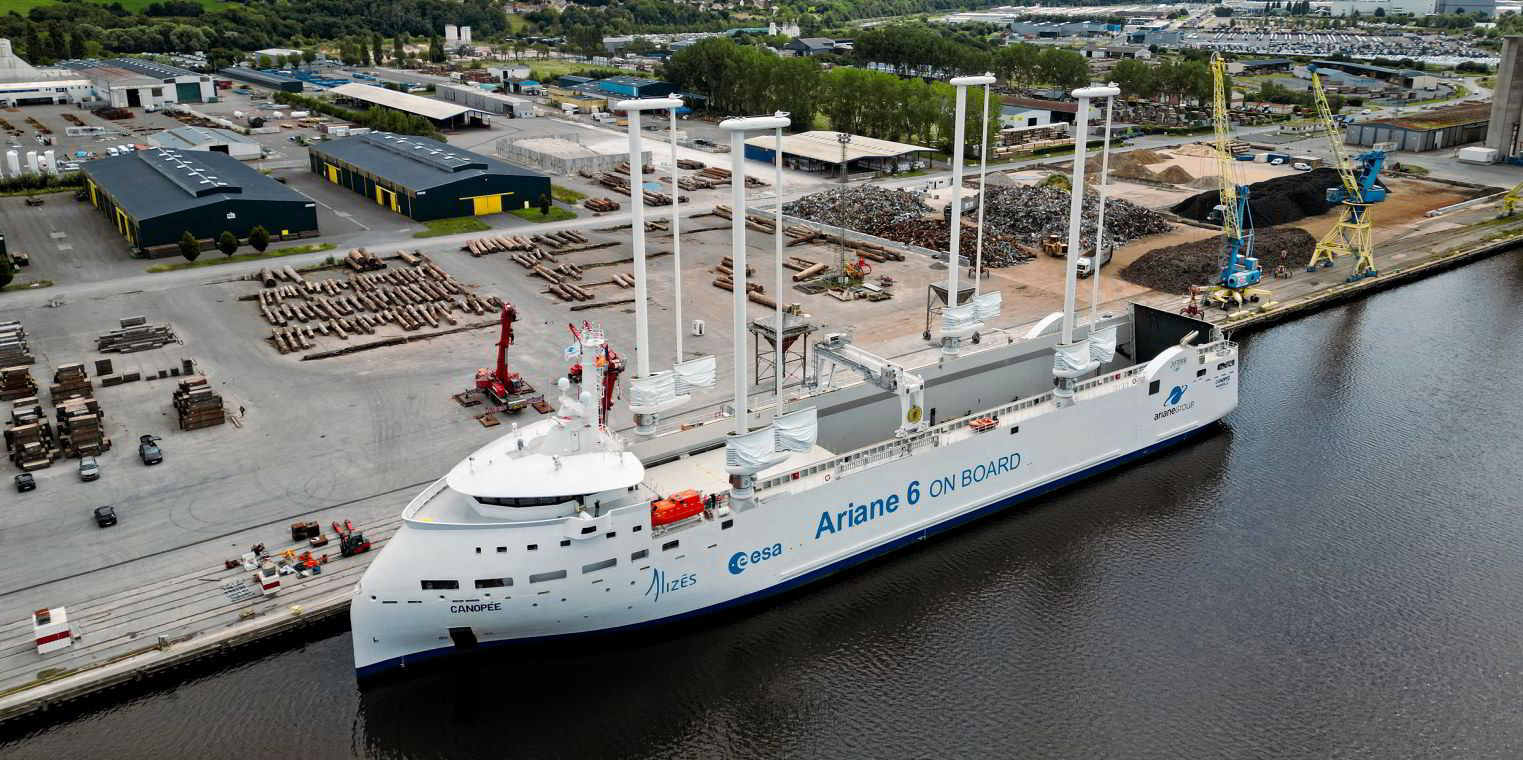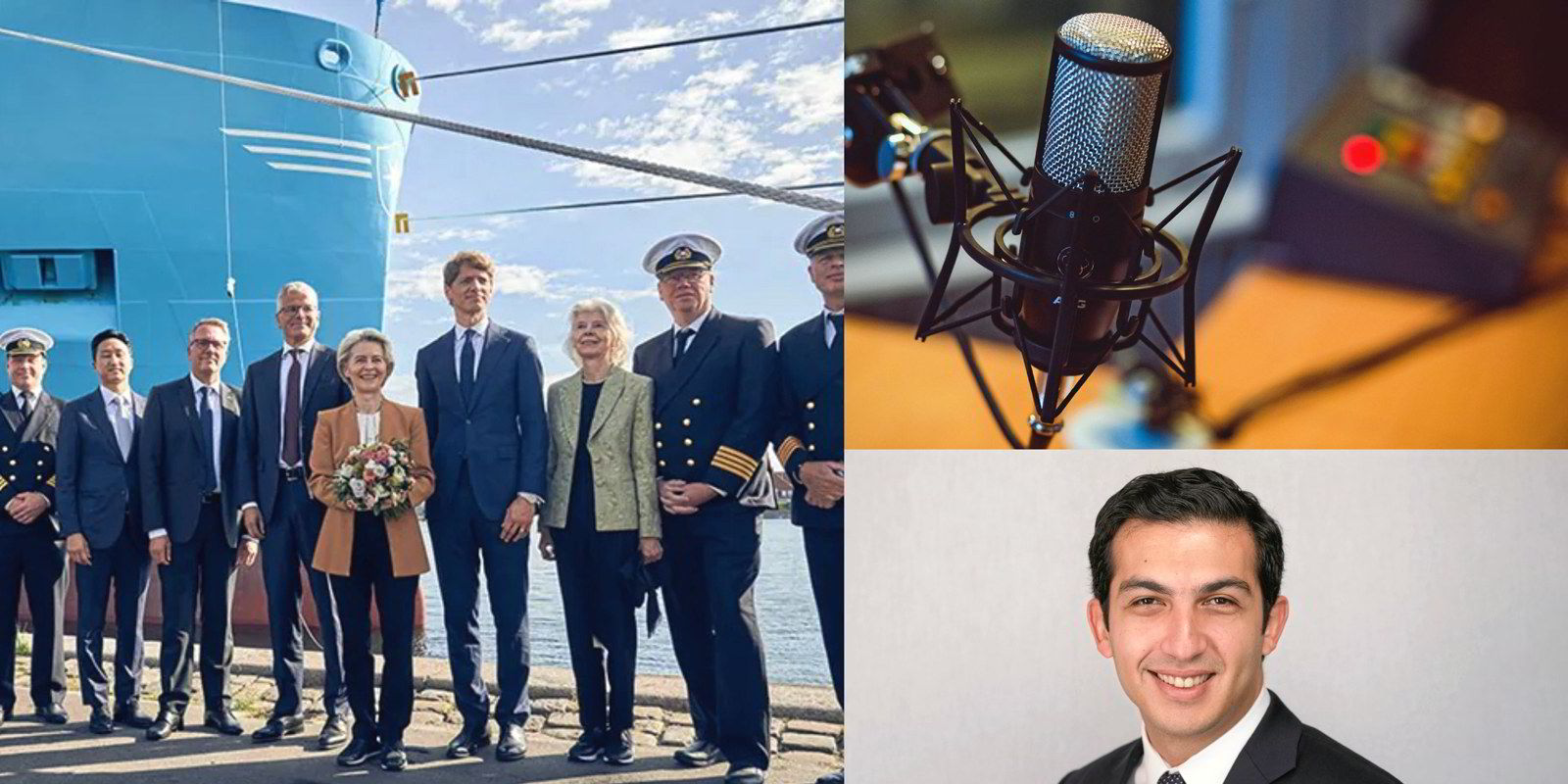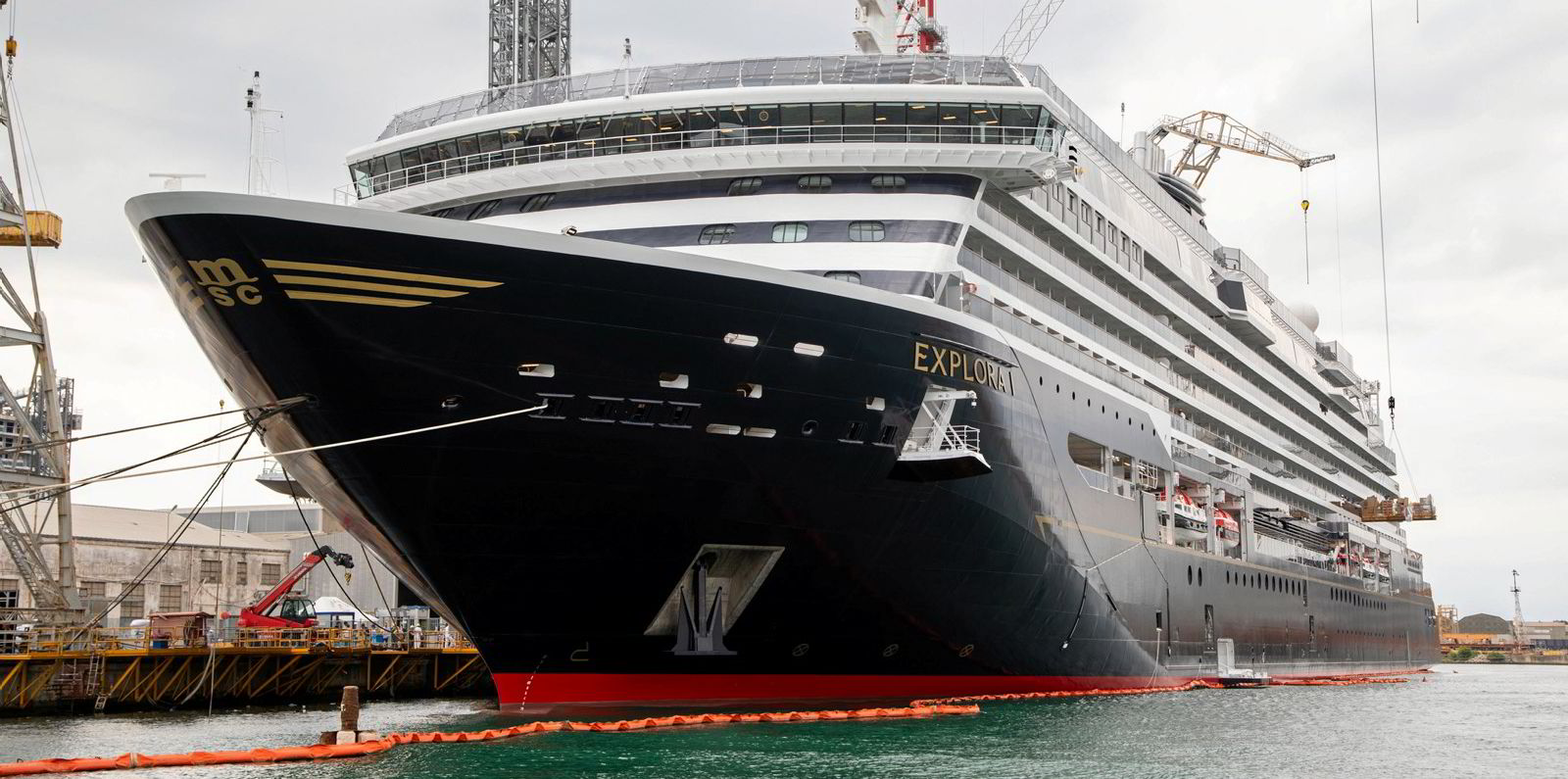AYRO, a French designer and manufacturer of wingsails to reduce emissions has raised €19.2m ($21m) in a financing round that will help it scale up production of its wind propulsion technology.
The Paris company revealed the new cash infusion as it announced that chairman Emmanuel Schalit has become its chief executive.
He told TradeWinds that like any deep-tech start-up, AYRO has significant capital needs on several fronts.
“The first one is, obviously, to be able to scale production requires capital, but to be able to go after what is most likely a huge commercial opportunity, given the acceleration in that market requires building commercial teams globally,” he said.
“We won’t do that in a day, but as you can imagine, just these two things require significant investments, not to mention that we have a large engineering team focused both on the hardware and software side of the business and we constantly improve our product.”
AYRO is best known as the developer of the OceanWings sails featured on the 1,000-lane-metre ro-ro Canopee (built 2023), which is currently undergoing sea trials in the English Channel.
The deal comes at a time when the company said that it and the market it serves are both at an inflection point, as the Earth heats up and shipping faces pressure to cut its carbon footprint.
And AYRO raised the cash when others in the wind-propulsion market were also scoring capital to build production and commercialise their solutions.
TradeWinds reported earlier this month, for example, that Spain’s Bound4Blue also raised €15.9m from investors as part of a total €22.4m Series A capital round.
Schalit said that the appetite to pump cash into wind propulsion is part of a growing realisation by shippers, shipbuilders and investors that no matter what the future energy mix is in shipping, no fuel will compete with heavy fuel oil’s energy density.
“There is a lot of focus also on alternative fuels, but a number of them don’t have the energy density of oil. Their broad availability is tens of years away from today, not to mention their cost,” he said.
“And so it’s this growing realisation that, yes, you can build zero-emission ships, but among other things, they’re going to need wind propulsion.”
AYRO’s Series B funding round was led by SWEN Capital Partners-managed Blue Ocean fund, bringing the French company’s total funding above €30m.

Christian Lim, managing director of SWEN, said that Blue Ocean backs start-ups that deliver ocean health impacts and market returns.
“We studied the wind propulsion market in detail for two years and concluded that AYRO is clearly positioned to be a global leader in this sector,” he said in a statement.
“Wind propulsion is critical for decarbonisation of shipping in the context of what is now being called ‘global boiling,’ and ambitious targets set by the International Maritime Organization and carbon reduction regulations coming into effect across the globe. The transformation of the maritime industry has begun, and we are excited about the major contribution that AYRO will make.”
Also participating in the funding round were existing investors Ocean Zero, which is a US-based fund focused on decarbonisation, and French public sector investment bank Bpifrance.
Other investors in the Series B finance were AmInvest, Colam Impact, Normandie Participations, Normandie Littoral and SWEN’s FCPI Capital Innovant Number 2.

Before becoming chief executive at AYRO, Schalit was co-founder and CEO of software company Dashlane, which he led for nine years. Prior to that, he was chief executive of advertising company CBS Outdoor France, chief executive officer of publisher LMG Group, and senior vice president of Vivendi Universal.
He replaces AYRO founder Marc Van Peteghem, who will in turn replace Schalit as chairman.
“For centuries sails were used in maritime trade. When coal started being used in the 19th century, transport vessels continued to need sails because they could not transport enough coal to cross oceans,” Van Peteghem said in a statement.
“Now that we need to abandon oil with its high energy density as the single source of power for ships, wind will be an essential component, alongside other technologies, to create hybrid zero-emission ships in the coming years.”





